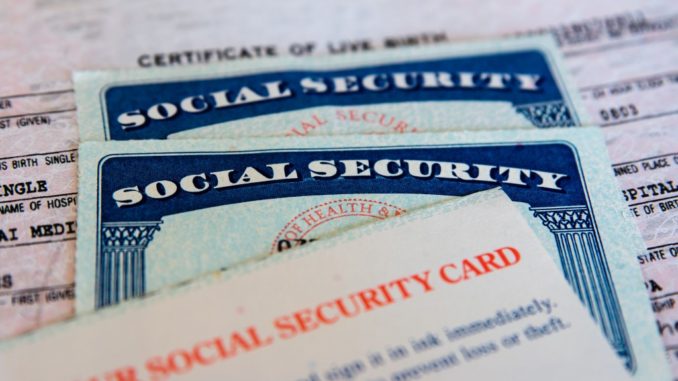
Living with a disability is tough. Not only are you physically limited, but your ability to work is severely compromised. In this age where every additional dollar earned counts, not being able to earn a living is a severe blow to anyone.
Thankfully, programs like Social Security are able to help out by providing benefits to those whose disability applications qualified. In Utah, around 40,000 people are recipients of disability benefits, with thousands submitting applications each year. The process of applying for disability benefits is tedious and laborious, and it is highly possible to initially have your application rejected. Should this occur, there is an even lengthier appeal process that you would have to go through.
Because of the hassle involved in applying for disability benefits, it is advisable that you seek the assistance of a Social Security Disability attorney, or an organization that can help guide you through the process. This way, you will be properly advised on how to go about applying in order to ensure that your application is quickly processed and accepted.
Here are the different kinds of disability benefits you may apply for:
Social Security Disability Insurance
Social Security Disability Insurance (SSDI) is the most common disability benefit applied for. These are for individuals who have sustained a disability that is expected to last a minimum of twelve months, which thus renders the individual unable to work. The applicant must have earned the necessary amount of work credits, which varies by age, in order to be accepted and given benefits. Work credits are earned through work activity and history, as well as paying into the Social Security program. As a result, those without a lengthy work history are unlikely to qualify for SSDI benefits.
Supplemental Security Income
Those who do not have sufficient work history and thus do not meet the work credit requirements for SSDI and who are classified as low-income individuals may instead apply for Supplemental Security Income (SSI). Unlike SSDI, SSI is a needs-based program that is administered by the Social Security Administration, and this may even be supplemented by the state you live in. This allows those who are in greater need of disability benefits to still be supported financially.
Disabled Widows and Widowers
This is reserved for widows and widowers over than fifty who have become disabled within a certain period of time after the death of the spouse. This allows them to still have a means of income, given that there is no one in the family able to work. However, to qualify the deceased spouse must have obtained enough work credits to be insured by the Social Security Administration. The amount given thus depends on the amount earned by the spouse while he or she was alive.
Children of Disabled Workers
If a worker qualifies for SSDI or SSI disability benefits and begins receiving payments for these, the children of the individual who are still minors may also qualify to receive payments from the Social Security Administration. The amount that they will receive depends on how much money the parent was earning while still part of the workforce.
Disabled Child

If a child becomes disabled before the age of 22, thus rendering the individual unable to meet the necessary work credit requirements to apply for SSDI benefits, he or she may still obtain SSDI benefits if the parents have sufficient work credits that qualify for the SSDI program. The amount received will thus depend on the earning history of the parents.
